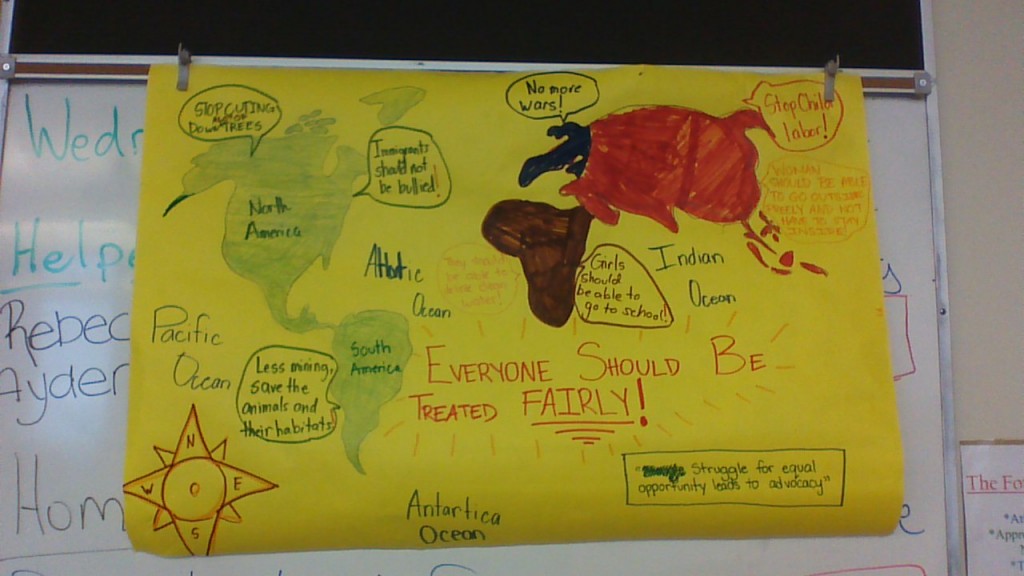The heart of education is the education of the heart.
A major component of being a competent educator is effective classroom management. Classroom management is the way the classroom space, materials, and students are organized by the teacher to maximize time and student learning, and generally refers to the structural processes of classroom scheduling, discipline, and activities. However, classroom management does not necessarily evoke the importance of an educator’ social-emotional competency. For “classroom management” to be effective, it is crucial to first establish a compassionate, safe, and supportive classroom climate for both student and teacher.
While it’s important to have the skills to maintain order in the classroom to teach material efficiently, this is not sufficient in and of itself to be a good teacher. An arguably more important ability is to build a supportive classroom environment that fosters holistic student success by having the knowledge and willingness to facilitate the development of social and emotional skills among learners, in addition to their academic growth. As teacher, I act as a supportive guide and facilitator of social, emotional, and intellectual learning in the class to encourage connections with the heart and the mind, not a simple disciplinarian of child behaviour for the sake for maintaining order and efficiency.
The word “education” is derived from the Latin verb educe which means “to draw forth from within.” I believe that we all have an innate passion for inquiry and the ability to learn anything we invest our energy and attention into. My role in education is to give students the tools to independently discover their innate knowledge and abilities, and to help them find their passion and motivation. In this sense, I do not see myself as “the sage on the stage” in the classroom, but more “the guide on the side” (King, 1993). This allows me to personalize the teaching and learning experience to the needs of my students as they develop over time. By bringing awareness to the concept of metacognition, having students thinking about their thinking, I aim to guide students in getting to know themselves and how best they learn, why they are learning what they’re learning, and where they want to take their learning next. By doing so, students move beyond being simply consumers of learning, toward being co-creators, co-researchers, and explorers of knowledge. These students are empowered by their learning, taking pride in their abilities/interests, and go on to be lifelong learners.

